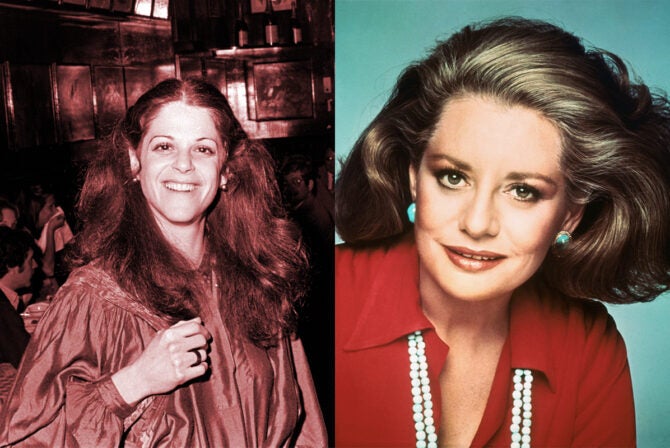I never covered my head in synagogue. No lace doilies for me! I was actually not comfortable even thinking about covering my head, even once I married. To me it felt like women were trying to be just like men in covering their heads or wearing tallit (prayer shawls), and I did not think this was necessary for me. Perhaps it was some sort of reverse feminism in my mind. I did not want to “stand out” while at synagogue and years ago, women who covered their heads and wore prayer shawls stood out.
My discomfort related to how I perceived women in Judaism. I was concerned that women were trying to prove that they deserved equal rights to men while not necessarily holding onto the intention and feeling of praying while wearing these religious items. Obviously, I held onto a lot of judgment. But this is all about to change.
Change is good, but it took me some decades to say this and believe it. Having a severe illness forced me to change. It was either change or continue to be ill and miserable. I chose to take risks, not just with my treatment options but in how I relate to those who care about me. It was imperative that I do something in order to feel better.
Over the past two years, while I suffered from severe depression, I endured agony regarding my religious beliefs and my relationship with God. When I was very ill in the beginning, I would question God and ask, “Why me?” Why would he put me through so much pain, sadness, and fear? What did I do that was so wrong that I deserved such a punishment? I recall asking my therapist, via text, “Do you think I am being punished?”
After the questioning came the anger. That Passover was the first time in my life I did not follow the dietary rules. I remember feeling guilty about this, but also a bit powerful. I ate bread and the sky did not fall on me as a result. I was able to get away with it! I thought I would show God who is in charge and eating whole wheat bread was the way to do it! But this, of course, only brought on more guilt and further questioning of my religious beliefs.
At Rosh Hashanah services following my hospitalizations and the start of ECT (electroconvulsive therapy), I tried to remain hopeful. I was starting to feel better. When friends would say Shanah Tovah (a good year) and stress it should be a happy and healthy year ahead, I took in each message and believed that God would help make it so for me. It was as if I had been through enough and it was time to move forward, and I decided God would now help me. I felt well for several months, but that unfortunately did not last as the severe depression eventually returned.
And so I questioned God again. “I can’t do this again! Please make it better. I am not strong enough!”
My cries were desperate and my sadness and fear were overwhelming. As I made the decision to restart the ECT, I felt differently this time. I knew it was no one’s fault I became ill again, and I was no longer asking, “Why me?” As my dear friend and rabbi stated about her own diagnosis with cancer, “Why not me?” While it certainly feels better to lay blame somewhere in order to find some level of understanding when we are ill, I was aware that I couldn’t blame God or anyone else. I needed to focus on my health. Soon my cognition became more clear.
As my family and I would go to services at our synagogue, I started feeling something I wasn’t aware of feeling before I became so ill. I felt God. I felt him with me. It felt warm, safe, and good.
I never imagined my relationship with God could change so much over time, but I’m so grateful that it continues to evolve. And as I took stock of this change, I realized there were other changes I wanted to make.
I first started wondering about wearing a kippah and tallit some years ago but did not spend much time actually thinking about it. It was merely an idea that I did not fully connect to. It felt as if one should feel a real connection to Judaism and God in order to wear them, and I did not think I fell in that category at the time. Now, however, after surviving these recent years of severe illness, I feel that connection to people, Judaism, and God. It isn’t necessarily a concrete thing I could describe—it is merely a feeling within me. There is no fear of “standing out” anymore and frankly, that is not a real worry anyway.
The connection is there for me now. God has always been with me; I was just not always capable of feeling it. Now I have more intention and feeling in my praying at synagogue and I want to wear a kippah and tallit for myself, my family, and especially my young daughter as she grows up in an egalitarian community.
Change, taking risks, and thinking deeply really can be good. They are for me.
Read More:
Midwife Rides Inflatable Swan to Work During Houston Floods to Help Mom Give Birth
The Trip to Costco That Made Me Cry
That Time My Son Told Me He Wants to Live with His Dad Instead of Me







